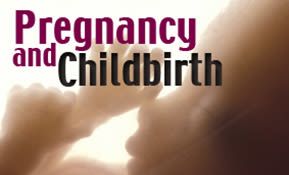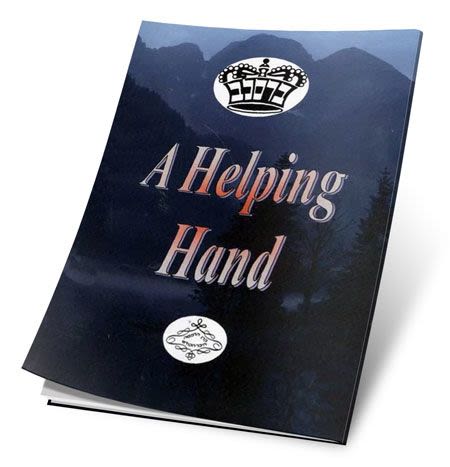
Preparations for Chuppa
Lesson Ten in our Family Purity series discusses the bride’s preparations for chuppa, from considerations in planning the wedding date to ritual immersion before the wedding.

The Laws of Family Purity, Part 10
80. How should a couple decide upon their wedding date?
Before a couple chooses their wedding date, the bride should calculate very carefully when she expects to have her period. The wedding night should be scheduled so that the bride will have enough time to make the Hefsek Taharah, count seven clean days, and go to the Mikvah. At the wedding, the bride should have already gone to the Mikvah and should be clean. It should also be taken into consideration that some women stain for several days after their period, which would delay the Hefsek Taharah.
81. How much in advance of the wedding should a bride go to the Mikvah?
It is advisable to go to the Mikvah as close to the time of the wedding as possible. If the bride goes to the Mikvah a few days beforehand, she should examine herself twice each day until the wedding. If she goes to the Mikvah on the night preceding the wedding, she should examine herself on the morning of the wedding and again before having relations with her husband.
It should be noted that a bride should not go to the Mikvah more than four nights prior to the wedding.
82. Is a bride allowed to go to the Mikvah in the daytime?
It is usually prohibited for a woman to go to the Mikvah in the daytime. In the case of a bride before her wedding, though, it is permissible for her to go to the Mikvah in the daytime. This refers specifically to the eighth day, which is the day after her seven clean days. However, if her wedding night coincides with the seventh clean day, she should consult a competent Rav as to whether she can go to the Mikvah in the daytime of the seventh clean day.
83. Does a bribe who is not a Nidah (i.e. a young girl or an older woman) have to go to the Mikvah before getting married?
Yes. Even a young girl and an older woman must count seven clean days and go to the Mikvah before getting married.
The reason our Rabbis made this rule was that it was feared that as a result of her desire for the marriage, the girl or woman may have seen a small amount of blood of which she was unaware. There is, therefore, no difference in Halachah between a bride who was a Nidah and one who was not. All brides, regardless of their Nidah status, must count seven clean days and afterwards immerse in a Mikvah.
84. In the above case where the bride is either a young girl who has not yet had a period or an older woman past menopause, is she still required to make a Hefsek Taharah?
Even in such a situation, the bride is required to make a Hefsek Taharah. However, if she forgets to make it and starts counting her seven clean days, her counting is still considered good.
85. When counting the seven clean days, does a bride have to check herself twice daily the way a regular Nidah does?
If the bride is either a young girl who has not yet had a period or an older woman past menopause, we still suspect that she may have seen some blood as a result of her desire for the marriage. She is, therefore, obligated to check herself twice daily during all of the seven clean days. If, however, she forgets and only checks herself once in the entire seven days, it is still considered sufficient.
However, when the bride is of child-bearing age, she is a Nidah and must make her examinations on the seven clean days the same way as a regular married woman does. If this bride does not examine herself at least on the first and seventh day, she is not allowed to go to the Mikvah. If in fact, her examinations were only on the first and seventh day, it would be advisable for her to consult a competent Rav as to how she should proceed.
It should be pointed out that although a bride who is a virgin cannot make a deep internal examination, it is not sufficient for her to merely wipe the outer surface of her vagina. She should try to make her internal examination as well as she can.
To be continued.
(Reprinted with kind permission of Yeshivat Neveh Tzion and www.neveh.org)








Tell us what you think!
Thank you for your comment!
It will be published after approval by the Editor.